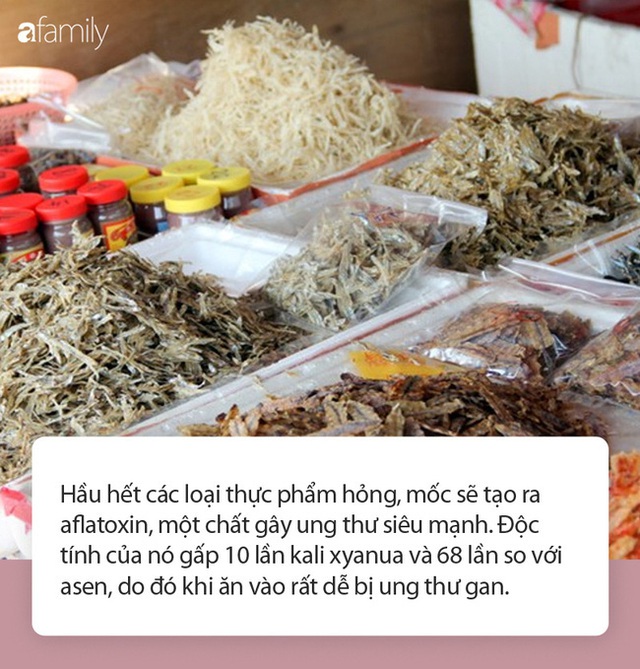"For a loved product, most people tend to love everything about it, and tend to hate nothing. But for a hated product, some people hate everything about it, some hate just one aspect while liking other aspects, and some like all the aspects individually, but hate how they go together," the authors explain.
One of the experiments presented in the study asked 120 people to anticipate another person �s taste in ice cream sundaes. As predicted, agreement on loved characteristics, such as hot fudge, led to greater inferred similarity and more confidence in the other person's recommendations.
However, when the number of possible factors was reduced to one scoop of ice cream with one topping, confidence increased in the person with shared hates.
"Our results extend the literature on word-of-mouth, which has generally found that negative word-of-mouth about products is weighed more heavily than corresponding positive word-of mouth," write the authors. "In contrast, we show that a positivity effect can emerge when the object of evaluation is the agent instead of the product."






